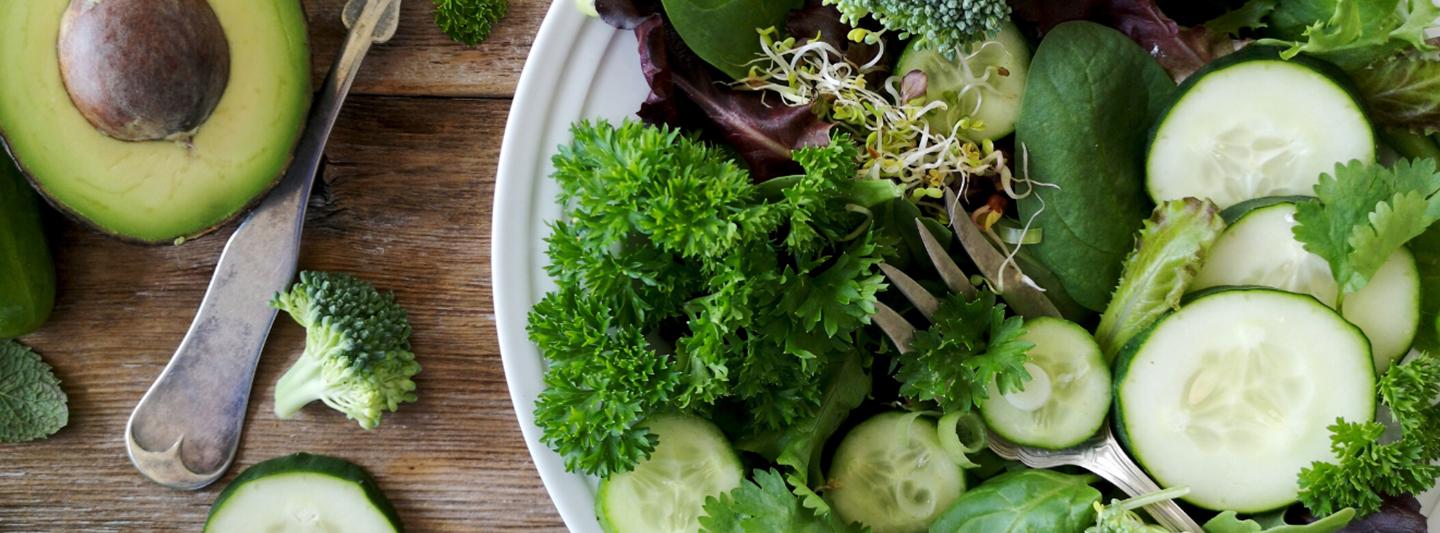
“I’ll eat healthy, starting from tomorrow!”
We’ve all heard this one before. Whether they’re words that have come from your own mouth or that of a family or friend’s. We can pretty much predict what happens from this point onwards. A premium master plan is drawn out to lose 5kg in the next two months by restricting all favourite, processed, macro-unfriendly meals and snacks. After all, you’re dead set on your new plan and you’re determined to shed all the unwanted fats off the charts!
